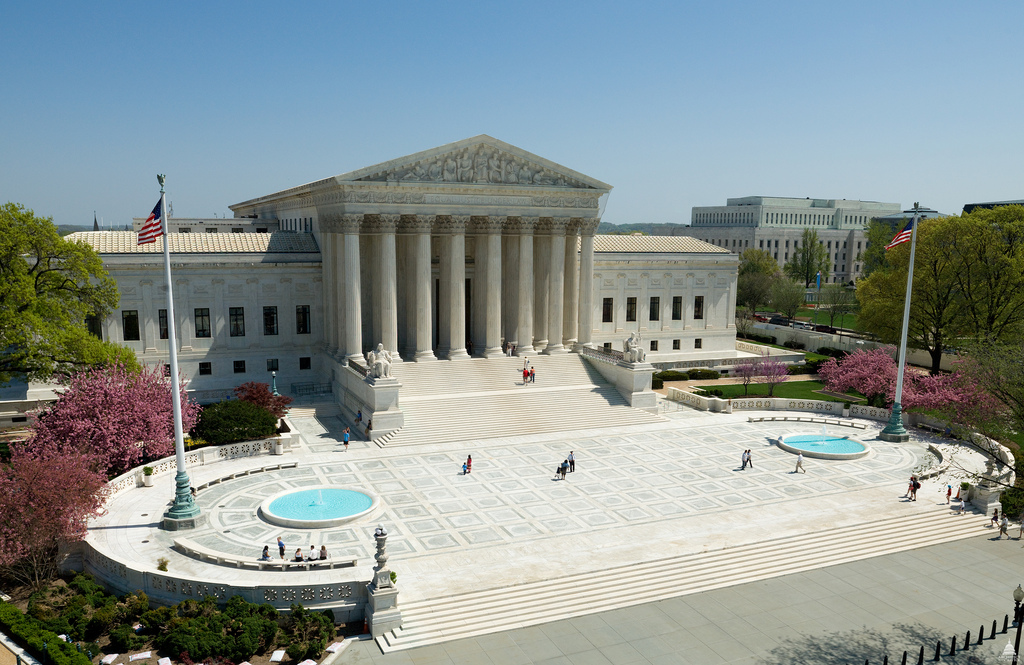Do Passengers in your vehicle have 4th Amendment Rights against Search and Seizure?
Passengers in a vehicle are afforded Fourth Amendment protections against unreasonable searches and seizures, though the scope of these rights varies based on the specific circumstances surrounding the stop and search.
The Fourth Amendment protects all individuals, including passengers, from unlawful government intrusions.
However, the scope of this protection can vary, especially in the context of vehicle stops and searches.
Fourth Amendment Rights of Passengers
The U.S. Supreme Court has clarified the rights of passengers in several key cases. In Brendlin v. California (2007), the Court ruled that passengers, like drivers, are “seized” during a traffic stop and therefore have the right to challenge the legality of the stop. This means that if the stop is found to be unlawful, any evidence obtained as a result may be suppressed, even if it was found on a passenger.
However, the right to challenge the stop does not necessarily extend to a right to challenge the search of the vehicle. In Rakas v. Illinois (1978), the Supreme Court held that passengers do not have a legitimate expectation of privacy in a vehicle they do not own or control. Therefore, while a passenger can challenge the stop itself, they cannot generally challenge the search of the vehicle unless they have a personal privacy interest in the area searched, such as in their personal belongings.
Michigan Law and Passenger Rights
Under Michigan law, as per the Michigan Compiled Laws (MCL), the rights of passengers align with federal standards. For instance, MCL 257.742 outlines the procedure for stopping vehicles and the obligations of drivers and passengers during traffic stops. While the law primarily addresses the driver’s responsibilities, passengers are also protected under the broader umbrella of the Fourth Amendment.
However, Michigan courts, following federal precedent, generally hold that passengers cannot challenge the search of a vehicle unless they can demonstrate a personal privacy interest in the area searched. For example, if a passenger’s personal bag or purse is searched, they may have standing to challenge that search.
Consent and Plain View Doctrine
If a driver consents to a search, that consent typically extends to the entire vehicle, including areas where passengers’ belongings may be stored. However, the scope of the consented search must be reasonable. Similarly, under the plain view doctrine, if an officer lawfully stops a vehicle and observes illegal items in plain view, those items can be seized without violating Fourth Amendment rights, regardless of whether they belong to the driver or a passenger.
Conclusion
Passengers in a vehicle do have Fourth Amendment rights, particularly concerning the legality of the traffic stop. However, their ability to challenge the search of the vehicle is limited unless they can show a personal privacy interest in the area searched. The balance between individual rights and law enforcement authority continues to be shaped by court rulings, both at the federal and state levels. Understanding these nuances is essential for recognizing the protections afforded to passengers under the Fourth Amendment.
Legal Counsel and Your Rights
When facing legal challenges, particularly in criminal cases, it is advisable to seek legal counsel immediately.
An experienced attorney can provide guidance on how to navigate interactions with law enforcement while safeguarding your constitutional rights.
Since 1993 our expert legal defense in navigating criminal law matters and protecting your constitutional rights are what we eat for breakfast everyday.
Contact Komorn Law PLLC if you’re ready to fight and win.
Research us and then call us.
Do you know what to do if you are pulled over by a police officer?
Below is some information that can help to make a traffic stop less stressful and safer for everyone.
- First, when you notice emergency lights behind you, pull over to the right side of the road as soon as it’s safe to do so. Keep calm and try to remain still. Stay in your vehicle, open the driver’s side window and keep your hands in sight on the steering wheel.
- When the officer asks, provide your driver’s license, vehicle registration and proof of insurance. At this point in the traffic stop, the officer should tell you why you were stopped. If he or she doesn’t, it’s okay to inquire about the reason for the stop once you have provided your driver’s license, vehicle registration and proof of insurance. When addressing the officer, speak with the same level of respect you expect from him or her.
- If the officer issues you a citation, don’t argue the reason for it during the traffic stop. The best and most appropriate place to dispute a citation is in court.
- When the officer tells you it’s okay to leave, make sure your seat belt is buckled and that it’s safe to enter the roadway before pulling out. As you get back on the road, follow all traffic laws, including using your turn signal. The officer will likely remain on the side of the road, with lights activated, until you have safely re-entered traffic.
If you feel the officer acted inappropriately or didn’t treat you fairly, it’s okay to follow up with a phone call to his or her supervisor.
Source: Michigan Government
Recent

Criminal Law FAQs – Theft Crimes
Michigan Criminal Laws FAQs Theft CrimesAccording to Michigan State Law (Michigan Compiled Laws - MCL), Theft Crimes generally involve the unlawful taking of someone else's property with the intent to deprive them of it, either permanently or for a significant period....

Criminal Law FAQs – Domestic Violence
Michigan Criminal Laws FAQs Domestic ViolenceAccording to Michigan State Law, Domestic Violence is not a standalone criminal offense but rather a designation applied to certain crimes when the victim is a "spouse or former spouse, an individual with whom the person...
Other Articles
SCOTUS Decision Gives Starbucks a Win in Labor Dispute
The decision underscored the principle that only activities that are essential and directly related to an employee's primary job responsibilities are subject to compensation. In a recent decision by the Supreme Court of the United States (SCOTUS), Starbucks received a...
The 6th Amendment – Do You Know What It Is?
The 6th Amendment: is it still a thing?The 6th Amendment to the United States Constitution is a crucial pillar of the Bill of Rights, designed to ensure fair and just legal proceedings for individuals accused of crimes. Ratified on December 15, 1791, this amendment...
The US Supreme Court and Federal Gun Law Cases
The US Supreme Court and Federal Gun Law CasesChallenges to Federal Gun Laws the right of the people to keep and bear Arms, shall not be infringed Updated July 8, 2024 Ratified in 1791, the Second Amendment provides, “A well regulated Militia, being necessary to the...
Do Passengers in a Vehicle have 4th Amendment Rights?
Do Passengers have 4th Amendment Rights?Michigan Supreme Court Limits Police Ability to Search Passenger Property in CarsBackground Mead was a passenger in a car and had just met the driver, who offered him a ride. When the police stopped the vehicle and ordered both...















